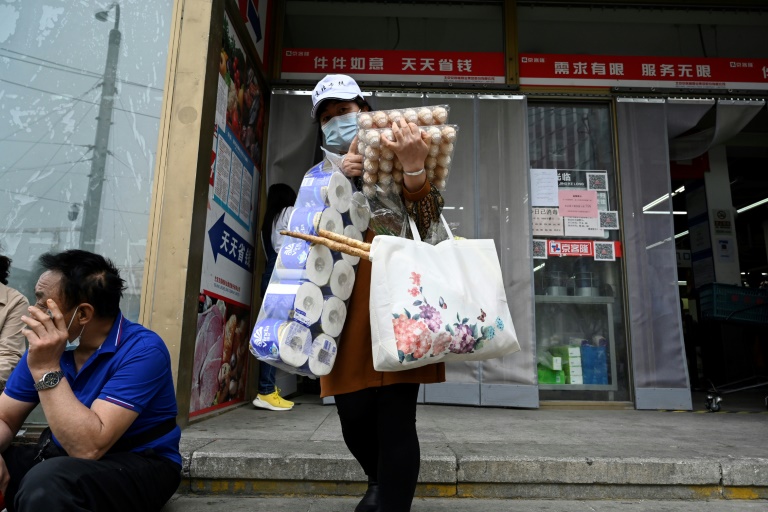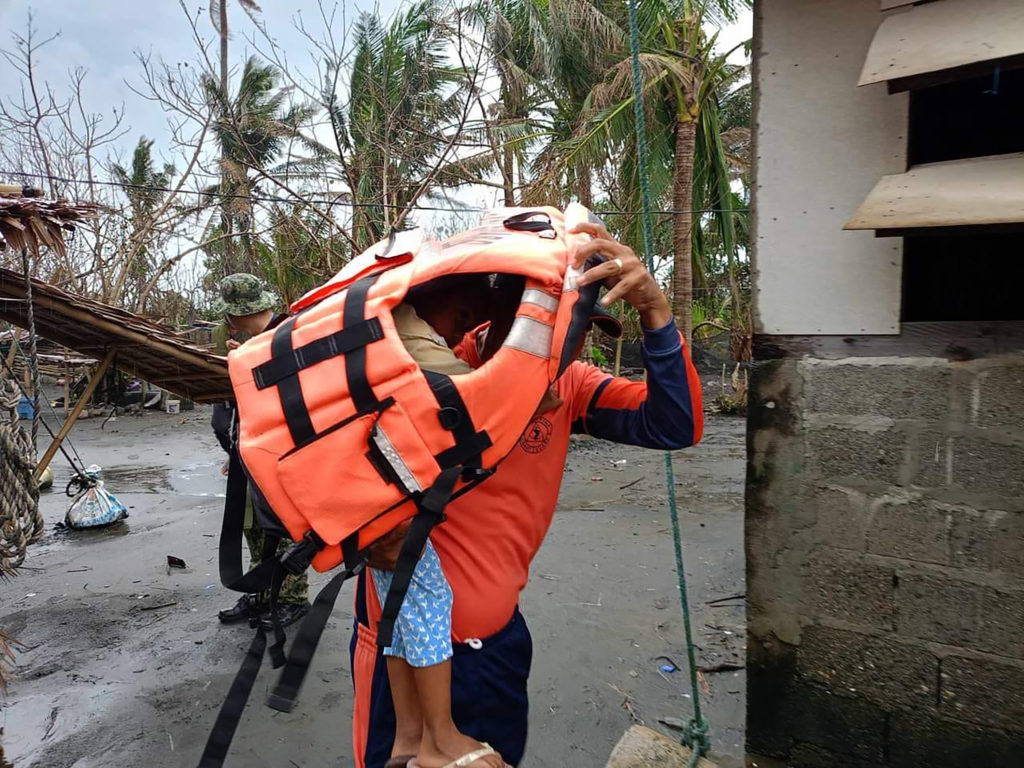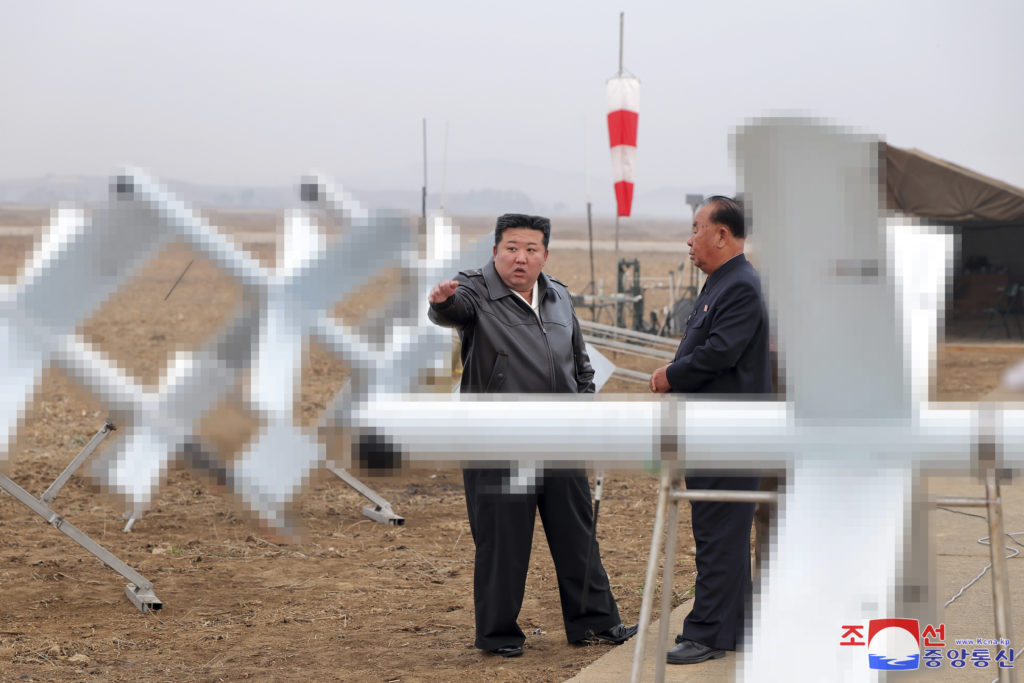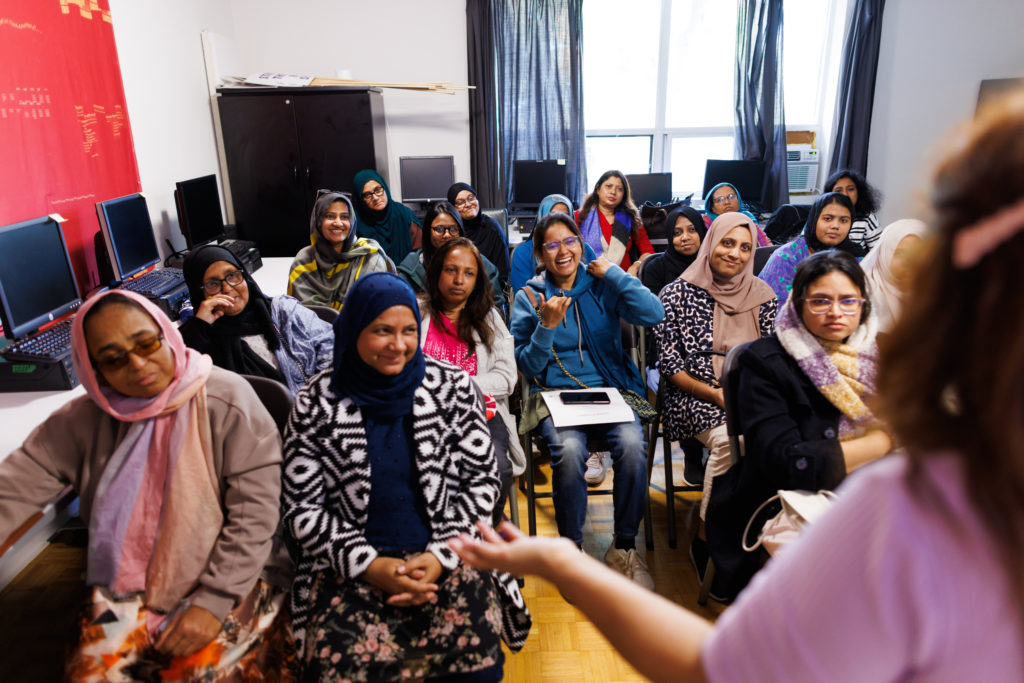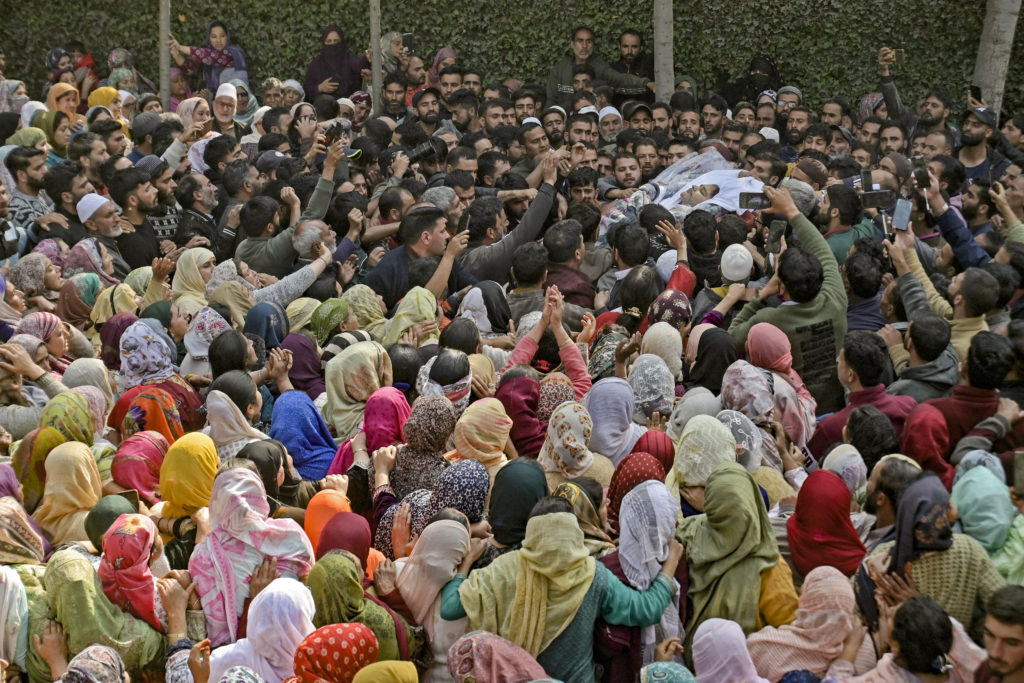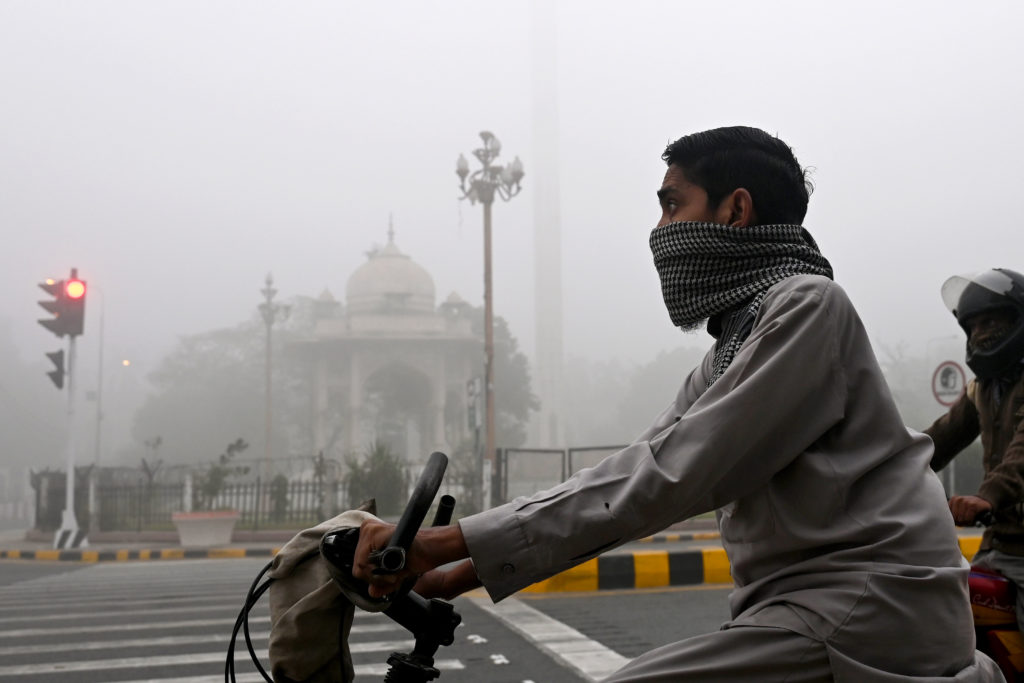Fears of a hard Covid lockdown sparked panic buying in Beijing on Monday, as long queues for compulsory mass testing formed in a large central district of the Chinese capital.
China is already trying to contain a wave of infections in its biggest city Shanghai, which has been almost entirely locked down for weeks and reported 51 new Covid deaths on Monday.
Shanghai has struggled to provide fresh food to those confined at home, while patients have reported trouble accessing non-Covid medical care — and the rising cases in the capital triggered fears of a similar lockdown.
Downtown Beijing’s most populous district Chaoyang, home to around 3.5 million people, ordered mass testing from Monday for residents and those coming to work there. The area hosts embassies and the headquarters of many multinational firms.
Queues snaked around malls and outside office complexes as people waited to be swabbed by health workers in protective gear.
“If a single case is found, this area could be affected,” said office worker Yao Leiming, 25, as he headed for a testing site in Chaoyang with a group of colleagues.
The mass testing order, and warnings of a “grim” Covid situation in the city, sparked a run on Beijing’s supermarkets overnight as residents rushed to stockpile essentials.
Many items on grocery delivery apps sold out on Sunday night after the testing order was announced, but stocks were replenished Monday.
Beijing health official Pang Xinghuo said at a press conference Monday there had been 70 infections across half the city’s districts since Friday, saying the “distribution area of infected people… has expanded”.
Officials told residents not to leave the city for the upcoming five-day May public holiday or join group gatherings.
Around 40 percent of Monday’s scheduled flights from the capital’s airports were cancelled, according to flight tracking data.
– ‘People are anxious’ –
With fears that harsher measures were looming, Beijing resident Zhao picked up several bags of groceries including eggs and fresh vegetables from a store on Monday.
The 31-year-old said he wanted to make sure his toddler would have enough to eat if the family was ordered to stay home.
“Adults can survive for a few days, but it’s not the same for children,” Zhao, who only wanted to be known by his surname, told AFP.
Wang, another supermarket customer, said she was concerned that “things will become like in Shanghai”.
“People are anxious… everyone is snapping up goods and we’re worried that items might run out,” the 48-year-old Chaoyang resident said.
Her family had secured enough food to last a week, she added.
Local media also reported soaring sales of storage appliances in Beijing. One online retailer told state-owned Beijing Evening News that it sold 300 freezers on Sunday — what is normally sold in a month.
The city government on Sunday tried to ease fears, with an official saying supply and distribution was “stable”.
The capital has reported 19 new infections on Monday — including asymptomatic ones — after a warning from authorities that the virus has been circulating undetected.
A Tencent Maps compilation of restricted zones indicated multiple buildings were sealed off, while several fitness studios in the capital have also temporarily closed.
Travellers into the city are required to have a negative Covid test from within 48 hours. On Monday, state media said authorities have suspended local group tours in Beijing.
– Heavy toll –
Beijing’s numbers pale in comparison with Shanghai, which has recorded over half a million cases since March 1.
The economic hub of 25 million people is struggling to defeat China’s worst outbreak in two years, despite weeks of strict measures.
Under its zero-Covid strategy, China has imposed lockdowns, mass testing and travel restrictions to stamp out infections.
Nomura analyst estimates say some 340 million people are currently affected by full or partial lockdowns.
Officials say this policy has helped avoid the public health crises seen elsewhere in the world during the pandemic, but the approach has taken a heavy toll on businesses and public morale.
Shares in Hong Kong and mainland China plunged Monday on growing fears about the domestic impact of the outbreak, while global oil prices sank over five per cent.

